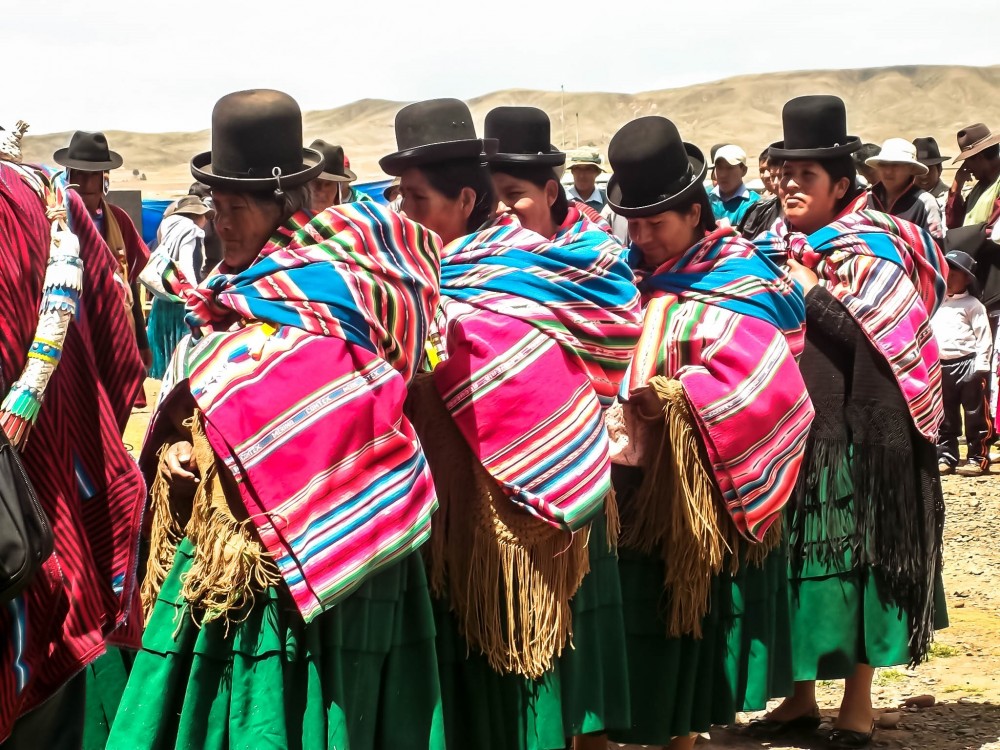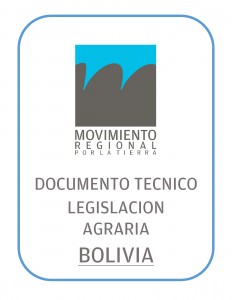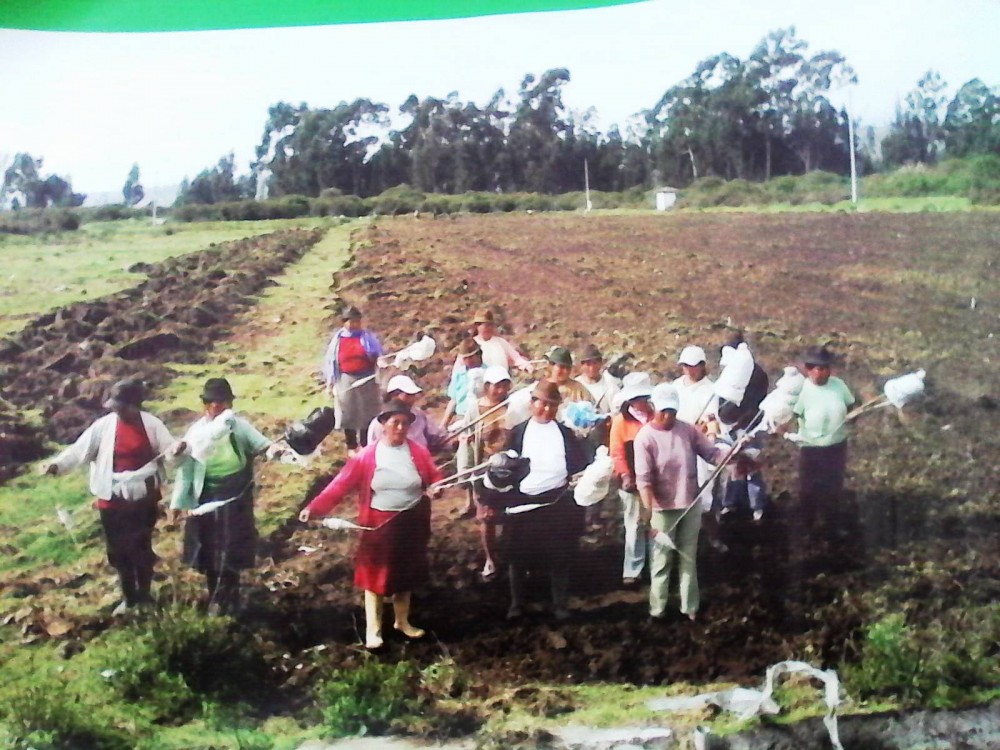Living under threat but with nowhere to go: A survey on the impact of forced eviction on women in Phnom Penh
ABSTRACTED FROM THE INTRODUCTION AND BACKGROUND INFORMATION: Housing, land and property rights issues affect men and women differently; hence these issues are not gender-neutral and require a gender equality analysis of the problem. While equal rights between men and women are enshrined in the 1993 Constitution of the Kingdom of Cambodia (the Constitution) and in a number of national laws, in practice women are still subordinate to men.





